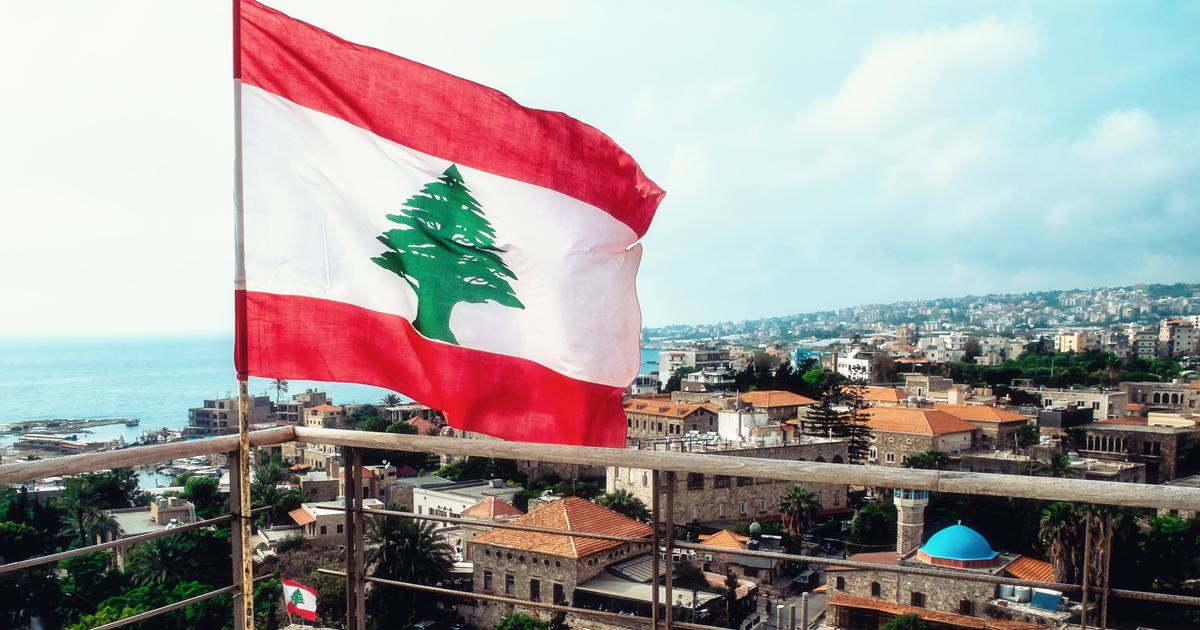Hicham Bou Nassif teaches political science in the United States, at Claremont McKenna College (California).
The Lebanese legislative elections of May 2022 changed the situation in the country of Cedars but without radical upheaval.
Hezbollah lost its parliamentary majority following the severe setbacks suffered by its Druze, Sunni and Christian allies.
The animosity against the pro-Iranian formation is such that the latter have difficulty in convincing the electorate of their respective communities, especially since the refusal of Iranian control over Lebanon punctuated the discourse of the electoral battle.
Hezbollah still won all the seats reserved for its community, in tandem with its subordinate the Shiite Amal movement.
Opposite, the anti-Hezbollah forces are divided between "sovereignists" who refuse the satelliteization of Lebanon by Tehran and prioritize the confrontation with the pro-Iranian formation,
and "reformists" who demand an urgent change in socio-economic policies against the backdrop of financial collapse and widespread impoverishment.
If Hezbollah has lost its majority, it has not passed to a specific camp, and the opposition is struggling to unify its ranks.
The re-election as head of parliament of Nabih Berry – a former Shiite rival of Hezbollah, reconverted into a docile ally – has confirmed that the party of God still controls Lebanon, although reviled beyond its Shiite bases.
Such is the hazy situation within the new Assembly, a faithful reflection of the societal and political uncertainty in Lebanon.
has not moved to a specific camp, and the opposition is struggling to unify its ranks.
The re-election as head of parliament of Nabih Berry – a former Shiite rival of Hezbollah, reconverted into a docile ally – has confirmed that the party of God still controls Lebanon, although reviled beyond its Shiite bases.
Such is the hazy situation within the new Assembly, a faithful reflection of the societal and political uncertainty in Lebanon.
has not moved to a specific camp, and the opposition is struggling to unify its ranks.
The re-election as head of parliament of Nabih Berry – a former Shiite rival of Hezbollah, reconverted into a docile ally – has confirmed that the party of God still controls Lebanon, although reviled beyond its Shiite bases.
Such is the hazy situation within the new Assembly, a faithful reflection of the societal and political uncertainty in Lebanon.
The supreme magistracy remained vacant in Beirut between 2014 and 2016, as the political crisis that the country was already experiencing was acute.
Hicham Bou Nassif
Forming a government in the current configuration will be an arduous task.
Ditto with regard to the election of a new President of the Republic in October.
It should be remembered that the supreme magistracy remained vacant in Beirut between 2014 and 2016, so acute was the political crisis that the country was already experiencing.
Six years later, the situation has deteriorated and the major political formations are blaming each other for the economic collapse and for the blockage of the judicial investigation which followed the explosion which occurred at the port in the summer of 2020.
The repeated Lebanese crises and concomitant paralysis are systemic;
the consociational formulas of yesteryear supposed to manage community heterogeneity are now obsolete.
And if regional actors have in the past been able to intervene in order to stop or prevent civil war, as happened respectively during the Taif Accord in 1990 and the Doha Accord in 2008, the same scenario will not repeat itself.
The regional polarization is such that no actor can aspire to the role of impartial arbiter in Beirut.
While Tehran and Riyadh no doubt retain the ability to impose a new compromise on their Lebanese clients, their rivalry makes it unlikely in the current configuration.
Iran nuclear talks stalled
bogged down in Vienna and the rag burns between Israel and Iran.
Lebanon is thus delivered to conflicting dynamics that go beyond it, once again in its turbulent history.
However, the United States pays this country only minimal attention, and the Ukrainian crisis relegates it to the margins of international affairs.
Inflation, falling purchasing power and unemployment are transforming the daily life of the Lebanese into an ordeal.
Hicham Bou Nassif
The Lebanese system is heading in the coming months towards total paralysis.
The political vacuum will only worsen the suffering of a population hit hard by an unprecedented economic crisis.
Now, 75% of Lebanese live below the poverty line.
Inflation, falling purchasing power and unemployment are transforming the daily life of the Lebanese into an ordeal.
Murders, suicides, burglaries and vehicle thefts are on the rise.
And if the security services and the judiciary have not collapsed, the crisis threatens to paralyze them.
To this must be added the unsustainable financial crisis which has wiped out wages, not to mention the rise in the prices of fuels, medicines and foodstuffs.
A Franco-Saudi initiative has given some hope but remains imprecise, even hypothetical.
Lebanese sovereignists who applauded Emmanuel Macron during his visit to Beirut the day after the Port explosion in 2020, now fear that his Iranian policy will deprive Lebanon of traditional support from Paris.
The only glimmer of hope is the mobilization of the diaspora (who voted massively for the legislative elections) and the political commitment of a Lebanese youth with no illusions about the ruling class.
The Maronite Church morally supports the fight for sovereignty and the courageous positions taken by Patriarch Bechara Al-Rai signal that the country is not giving up, although it is bloodless.
The elements of a subsequent national recovery are not absent, but the ordeal promises to be long.







/cloudfront-eu-central-1.images.arcpublishing.com/prisa/KMEYMJKESBAZBE4MRBAM4TGHIQ.jpg)


